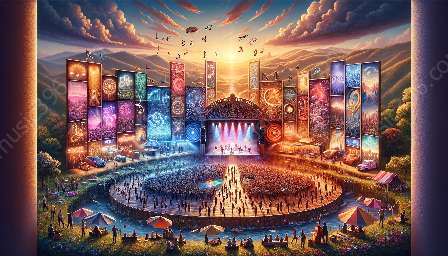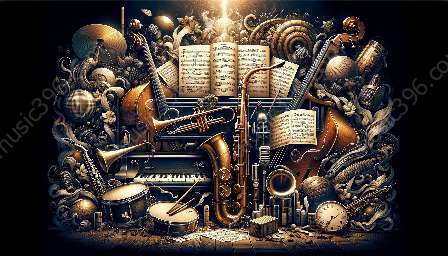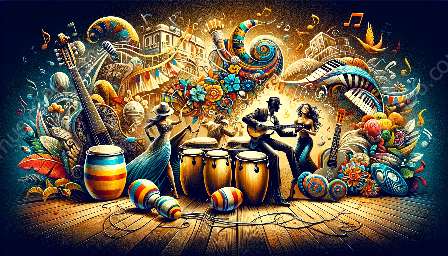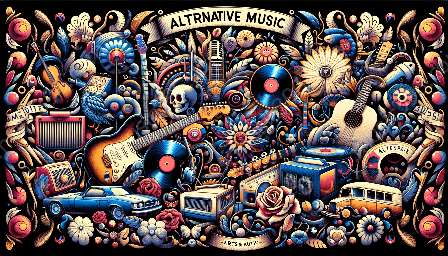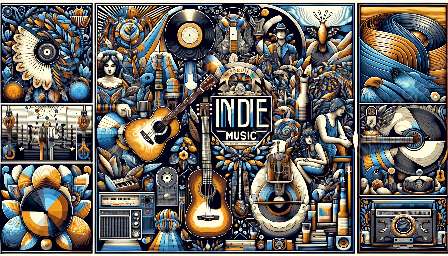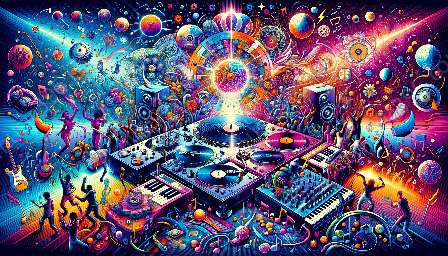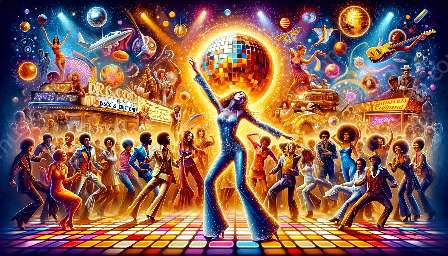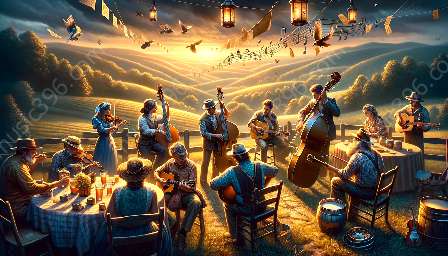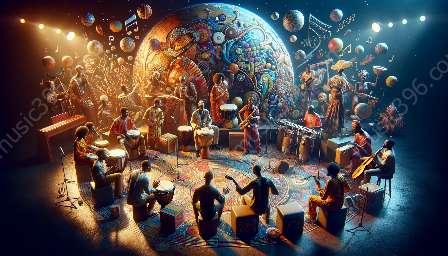Music genres are the heart and soul of the music industry, offering a diverse and rich array of styles, influences, and sounds. From classical symphonies to the pulsating beats of hip-hop, every genre carries its own unique identity and cultural significance. A deep exploration into music genres uncovers the roots, evolution, and impact of different musical styles on the arts & entertainment and music & audio industries.
History and Evolution of Music Genres
The history of music genres is deeply intertwined with the social, cultural, and political developments of various time periods. Classical music, originating from the medieval and Renaissance eras, laid the foundation for intricate compositions and complex musical structures. As time progressed, Baroque, Romantic, and modern classical music emerged, showcasing a dynamic evolution in style and expressive techniques.
On the other end of the spectrum, popular music genres such as jazz, blues, and rock have roots in the African-American communities, serving as a powerful means of cultural expression and resistance. These genres have evolved through the decades, giving rise to sub-genres and fusions that have left a lasting impact on the music industry.
Diversity of Music Genres
The range of music genres reflects the diversity of human experiences and emotions. In the world of arts & entertainment and music & audio, genres such as electronic, ambient, and experimental music offer innovative sonic experiences, pushing the boundaries of traditional music composition. Additionally, world music genres celebrate the rich tapestry of global cultures, drawing inspiration from traditional instruments, rhythms, and melodies.
Each music genre carries its own set of characteristics that define its sound and appeal. From the emotive storytelling in folk music to the electrifying energy of heavy metal, the distinct traits of each genre captivate and resonate with audiences across the world.
Influence of Music Genres on Culture and Society
Music genres play a pivotal role in shaping cultural identities, influencing fashion, language, and societal movements. The rise of hip-hop, for instance, catalyzed a global cultural shift, amplifying the voices of marginalized communities and sparking conversations about social justice and equality.
Moreover, music genres act as a bridge between generations, preserving traditions and narratives through their distinct sounds and lyrics. Whether it's the nostalgic tunes of oldies or the infectious rhythms of pop, music genres create connections across time and space, enriching the cultural fabric of societies.
Exploring New Frontiers in Music
As technology and creativity converge, new music genres continue to emerge, blurring the lines between traditional classifications and paving the way for unprecedented sonic explorations. Genres such as synthwave, vaporwave, and lo-fi have gained traction within the digital landscape, showcasing the transformative power of music in the modern era.
Additionally, the fusion of musical styles and cross-genre collaborations have given rise to hybrid genres, breaking conventional boundaries and offering fresh experiences for listeners and enthusiasts. This dynamic evolution underscores the ever-changing nature of music and its enduring relevance in the arts & entertainment and music & audio industries.
From its historical roots to its contemporary innovations, the world of music genres remains a captivating realm that continues to inspire, influence, and connect people across diverse cultural landscapes.







































